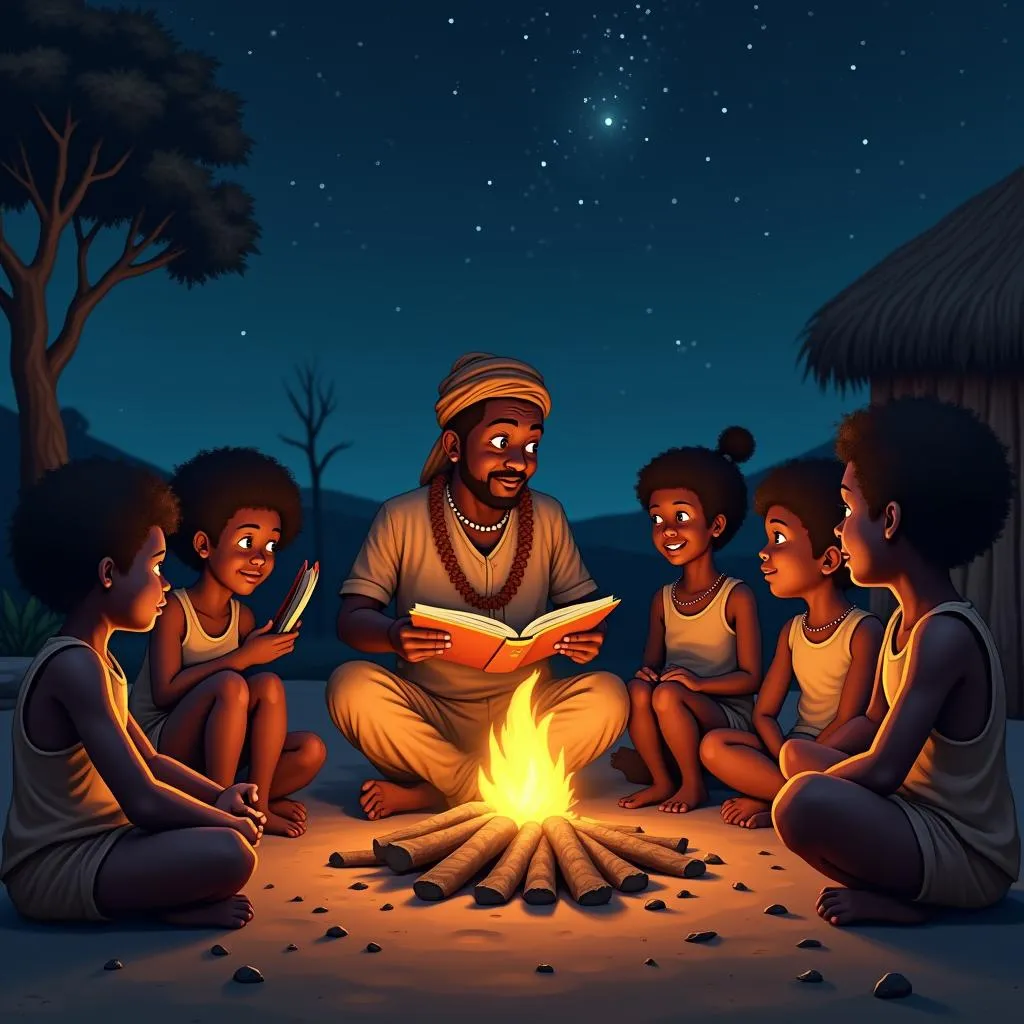African Americans in History: A Journey of Resilience and Triumph
African Americans In History have shaped the very fabric of the United States, contributing immensely to its culture, politics, and social landscape. From enduring the horrors of slavery to spearheading the Civil Rights Movement and beyond, their story is one of unwavering resilience, remarkable achievements, and an ongoing struggle for equality. This narrative is not just a chapter in American history; it is an integral part of the human experience, a testament to the strength and perseverance of a people determined to overcome adversity.
From Enslavement to Emancipation: A Struggle for Freedom
The earliest history of African Americans in the United States is tragically intertwined with the institution of slavery. Forcibly removed from their ancestral homelands, they were subjected to brutal conditions and denied basic human rights. Despite the dehumanizing nature of their enslavement, African Americans maintained their cultural heritage through music, storytelling, and religious practices, forging a sense of community and identity in the face of unimaginable hardship. They resisted slavery in various forms, from subtle acts of defiance to organized revolts, fueling the abolitionist movement and laying the groundwork for their eventual emancipation. After the Civil War and the passage of the 13th Amendment, African Americans entered a new era, though the fight for true equality was far from over.
You can learn more about the resilience of African Americans in Kentucky at african americans in kentucky.
The Jim Crow Era and the Rise of Civil Rights
The period following Reconstruction, known as the Jim Crow era, saw the implementation of discriminatory laws and practices that systematically disenfranchised African Americans. Segregation in education, housing, employment, and public spaces became the norm, enforced by violence and intimidation. Despite these oppressive conditions, African Americans continued to strive for progress, establishing their own businesses, schools, and cultural institutions. This era also witnessed the birth of prominent civil rights organizations like the NAACP, laying the foundation for the organized resistance that would characterize the mid-20th century.
The Civil Rights Movement and Beyond
The Civil Rights Movement of the 1950s and 1960s marked a turning point in the struggle for racial equality. Led by iconic figures like Martin Luther King Jr., Rosa Parks, and Malcolm X, African Americans employed nonviolent resistance and civil disobedience to challenge segregation and demand equal rights. The movement achieved significant legislative victories, including the Civil Rights Act of 1964 and the Voting Rights Act of 1965, dismantling legal segregation and securing voting rights for African Americans.
Learn more about the struggles faced by African Americans during slavery at african americans and slavery.
What Were the Major Challenges Faced by African Americans After the Civil War?
African Americans faced numerous challenges after the Civil War, including widespread discrimination, economic hardship, and the persistent threat of violence. The Jim Crow laws, designed to maintain racial segregation and disenfranchisement, created significant barriers to social and economic mobility.
How Did African Americans Contribute to American Culture?
African American contributions to American culture are vast and diverse, spanning music, literature, art, and culinary traditions. From jazz and blues to hip-hop and R&B, African American musical innovations have profoundly influenced global music. Literary giants like Langston Hughes and Toni Morrison have enriched American literature with their powerful narratives and poetic expressions.
For a glimpse into the lives of African Americans in Seattle, visit african americans in seattle.
What is the Significance of the Civil Rights Movement?
The Civil Rights Movement was a pivotal moment in American history, leading to the dismantling of legal segregation and securing voting rights for African Americans. It paved the way for greater social and political equality, inspiring similar movements around the world.
Conclusion
The journey of African Americans in history is a complex and multifaceted narrative of struggle, resilience, and triumph. From the dark days of slavery to the landmark achievements of the Civil Rights Movement and beyond, African Americans have continuously shaped the American story. Their enduring contributions to culture, politics, and society serve as a powerful testament to the human spirit’s capacity to overcome adversity and strive for a more just and equitable future. Understanding this history is crucial to appreciating the ongoing struggle for racial equality and ensuring a future where all individuals have the opportunity to reach their full potential.
FAQ
- What was the impact of the Harlem Renaissance? The Harlem Renaissance was a period of flourishing artistic and intellectual creativity among African Americans in the 1920s, contributing significantly to American culture and challenging racial stereotypes.
- Who were some key figures in the abolitionist movement? Key figures include Frederick Douglass, Sojourner Truth, and William Lloyd Garrison.
- What were the Black Codes? Black Codes were restrictive laws passed in the Southern states after the Civil War that limited the rights and freedoms of African Americans.
- What is the significance of Juneteenth? Juneteenth commemorates the emancipation of enslaved African Americans in Texas on June 19, 1865.
- How has the experience of African Americans shaped the American identity? The experience of African Americans has fundamentally shaped American identity, contributing to its cultural richness, political discourse, and ongoing struggle for social justice.
- What are some current challenges facing the African American community? Current challenges include systemic racism, economic inequality, and disparities in education, healthcare, and criminal justice.
- How can I learn more about African American history and culture? Numerous resources are available, including books, documentaries, museums, and online archives.
For information on African Americans in Shanghai, explore african americans in shanghai.
Read more about conflicts involving African Americans and Hispanic groups at african americans and hispanic groups wars.
You can explore other related articles and resources on our website. We encourage you to delve deeper into this rich and complex history to gain a more comprehensive understanding of the African American experience.
When you need assistance, please contact Phone Number: +255768904061, Email: [email protected] Or visit us at: Mbarali DC Mawindi, Kangaga, Tanzania. We have a 24/7 customer service team.
